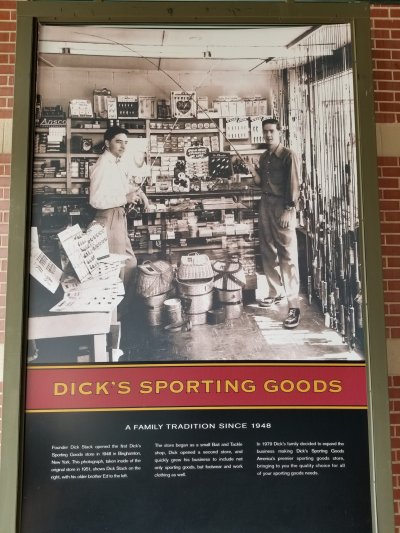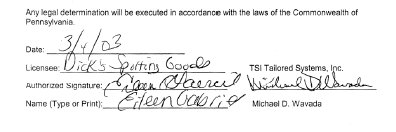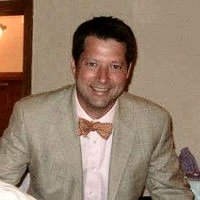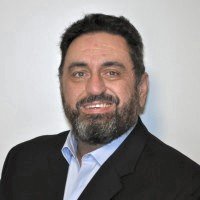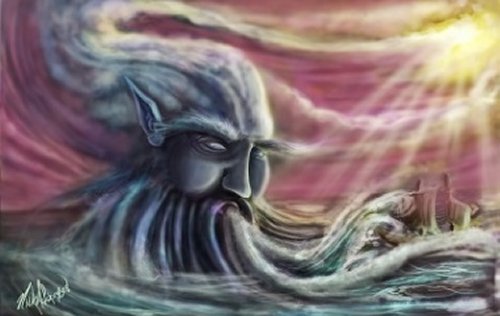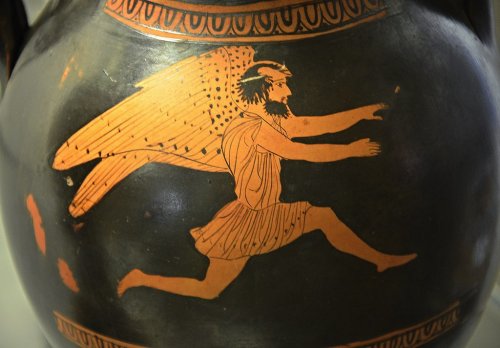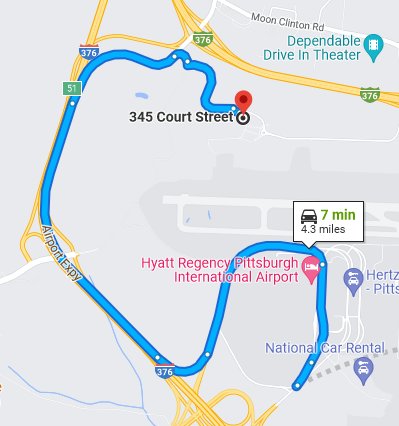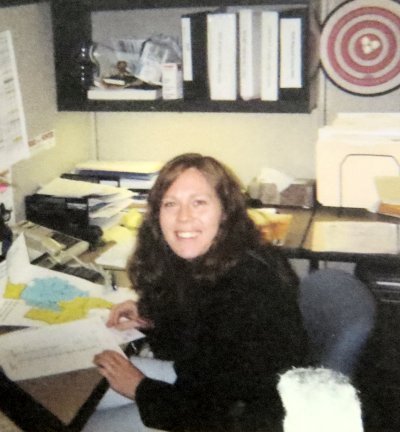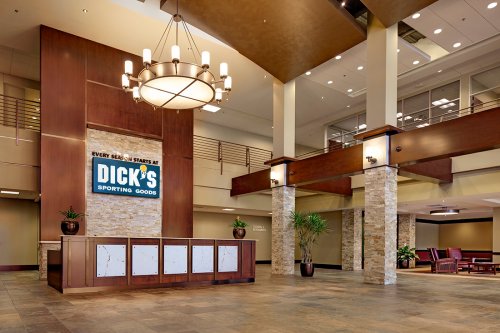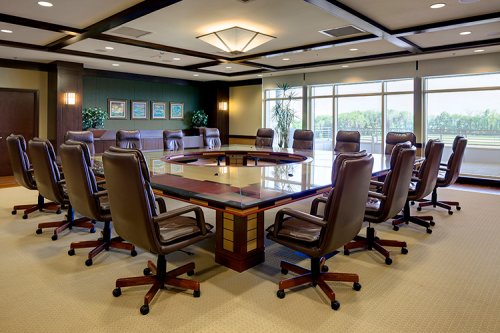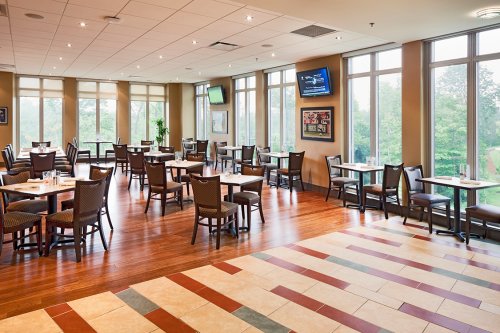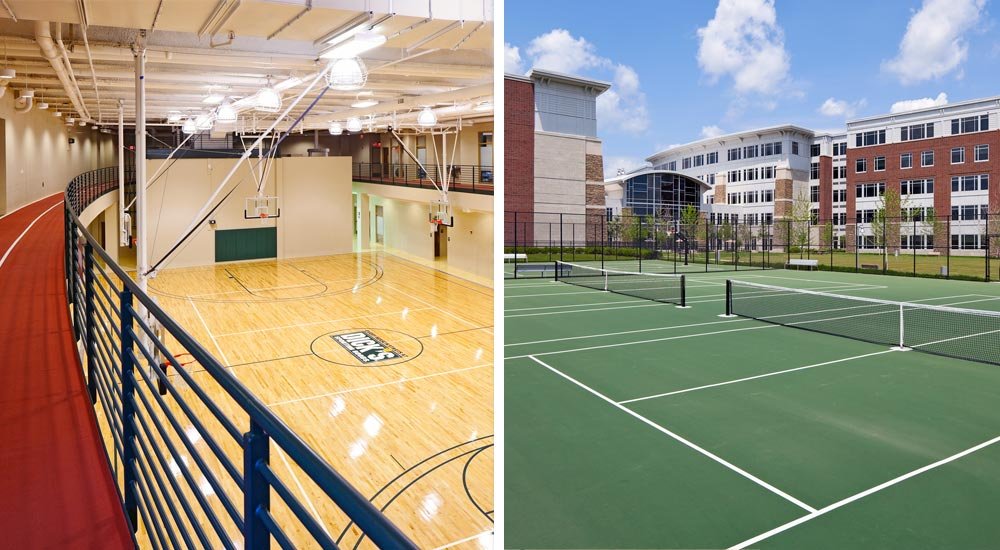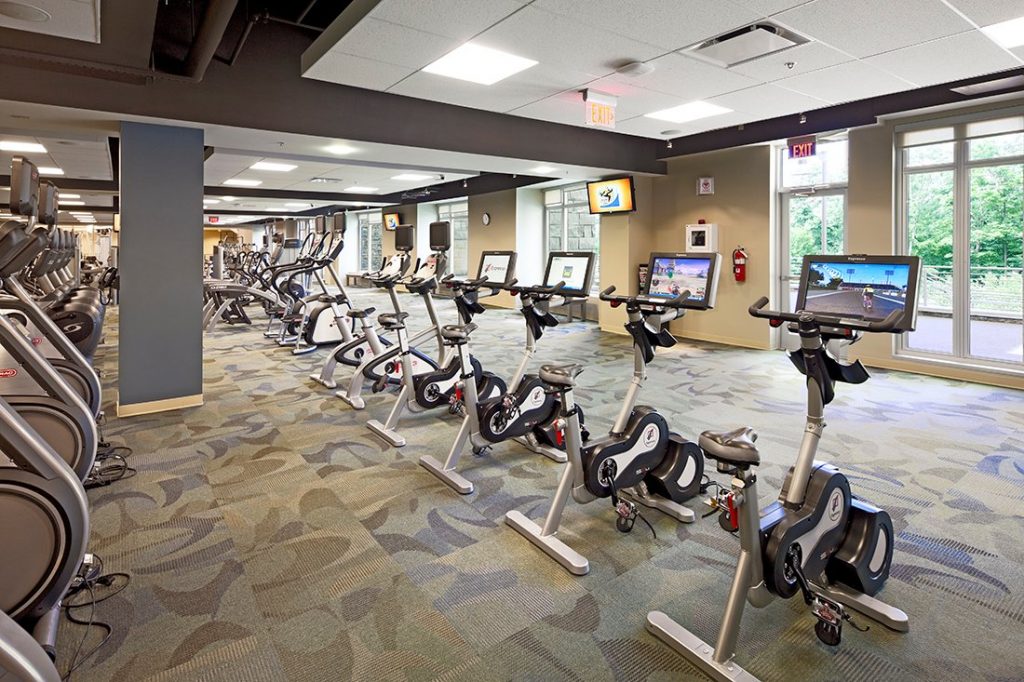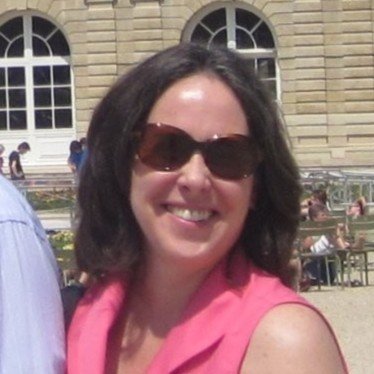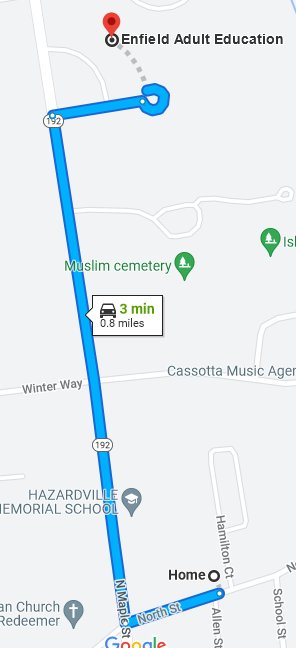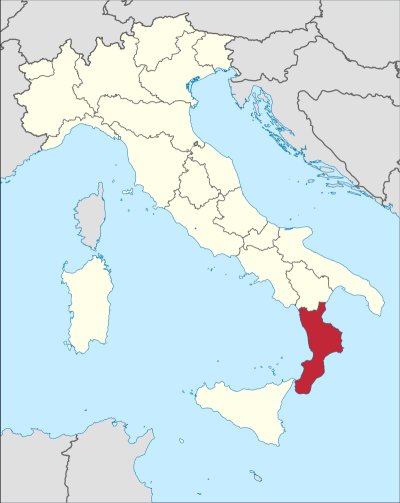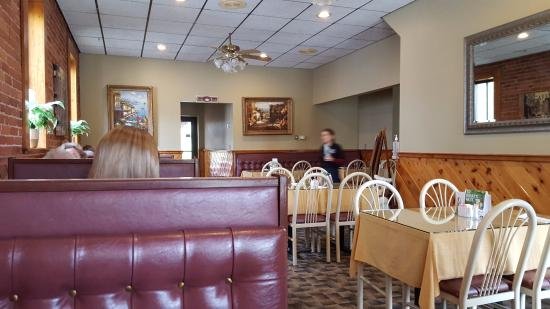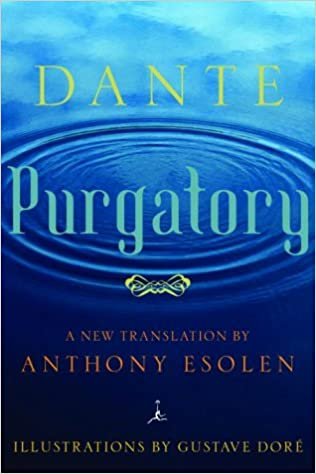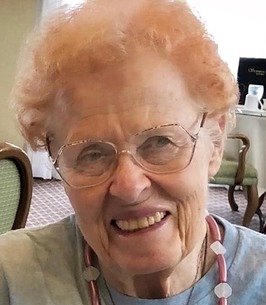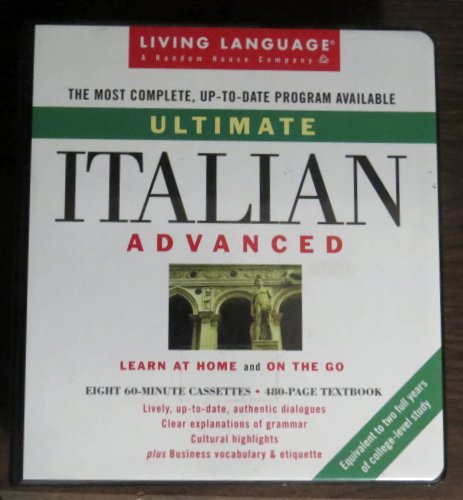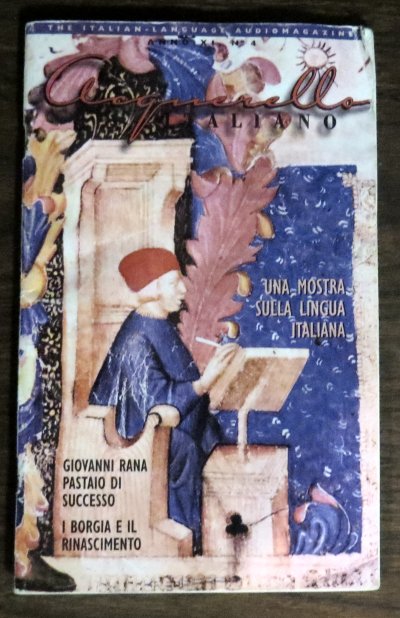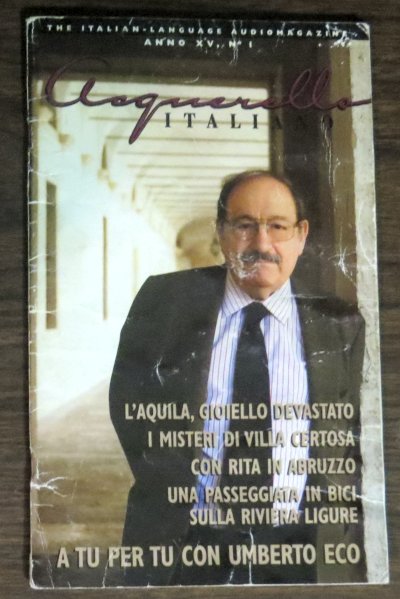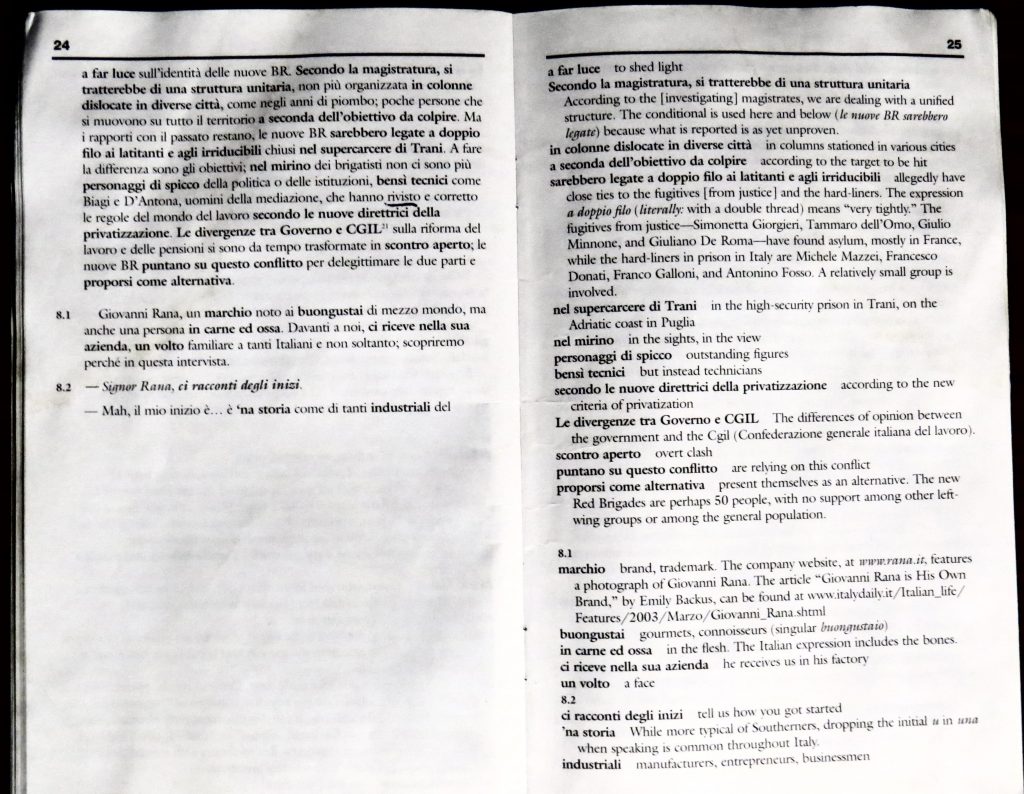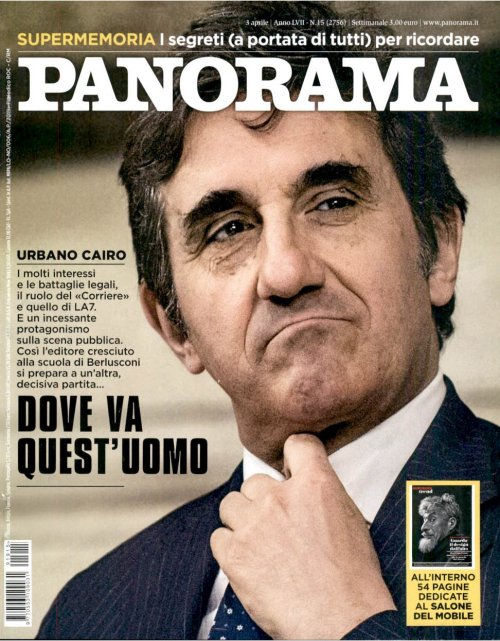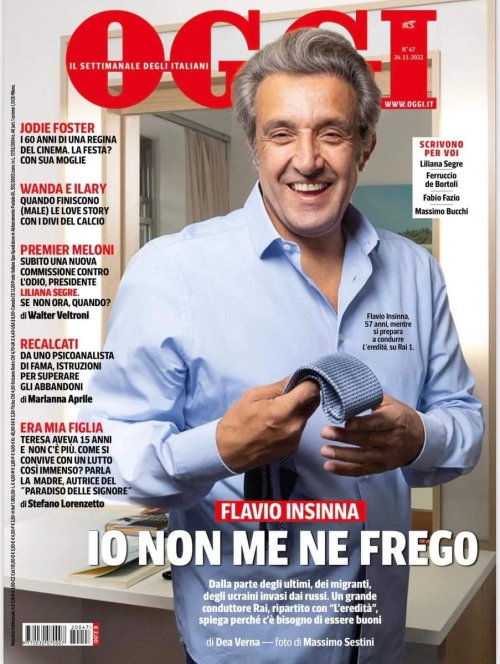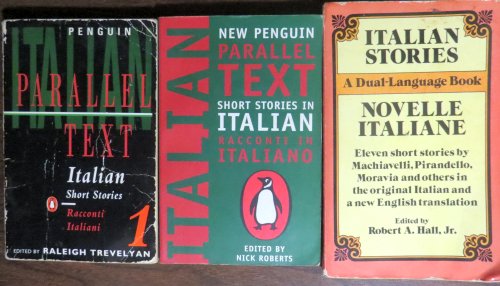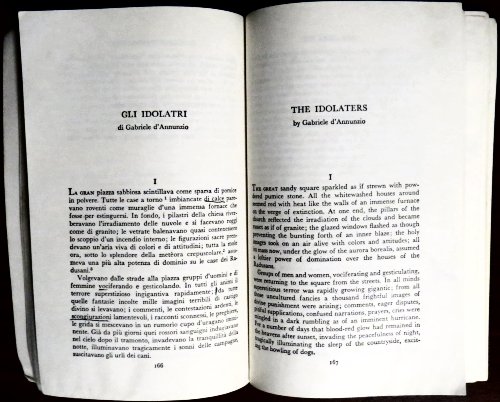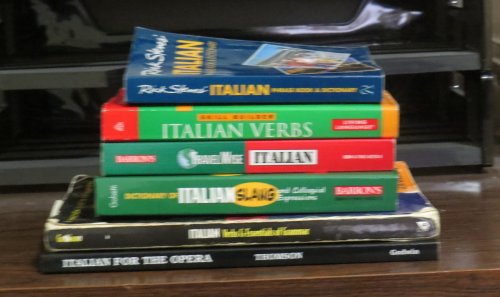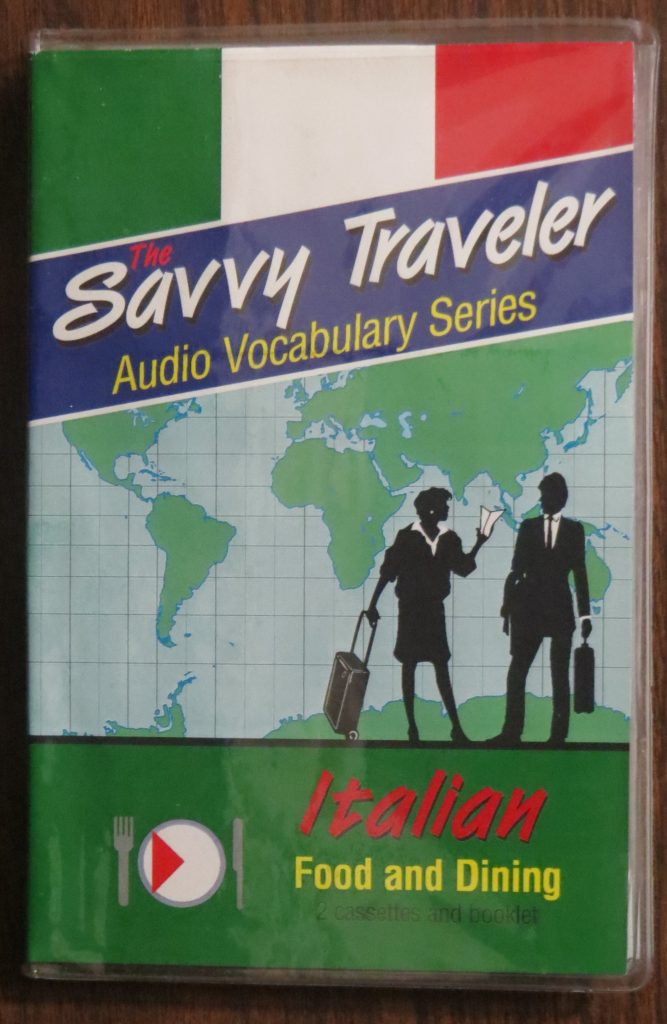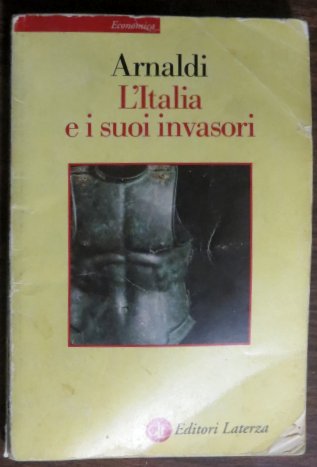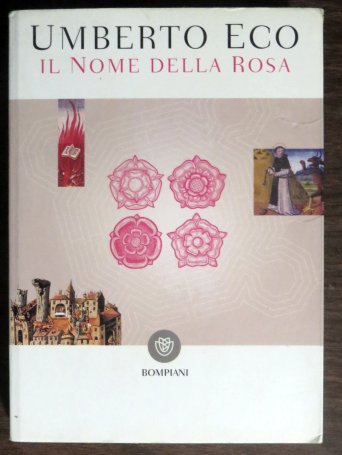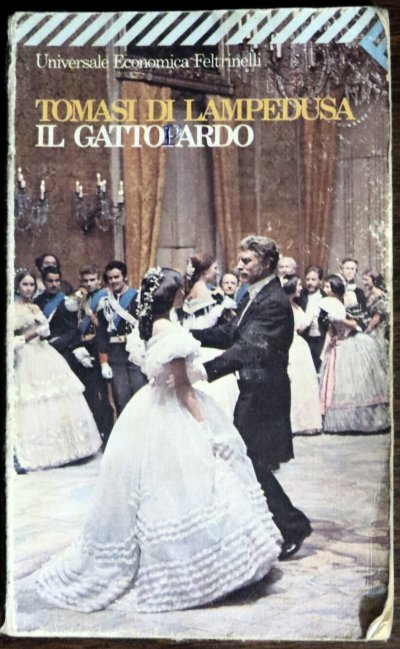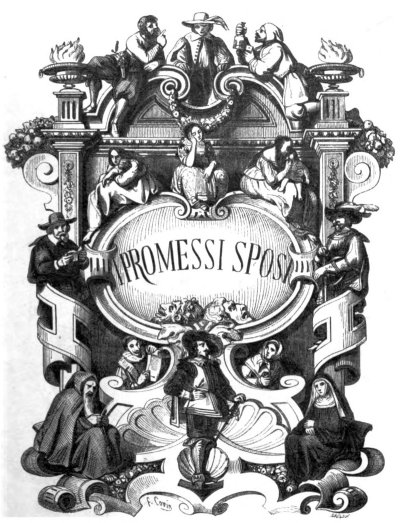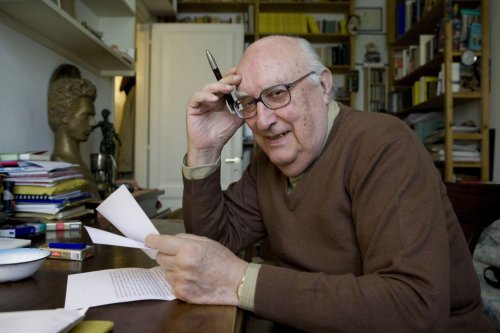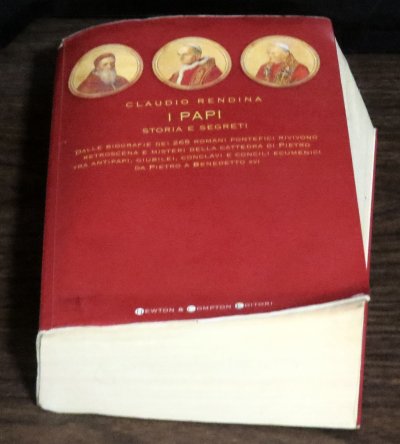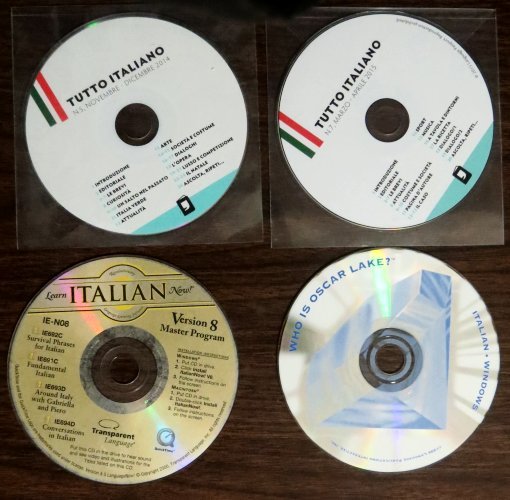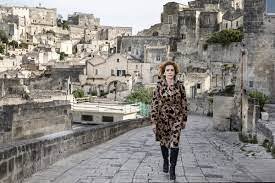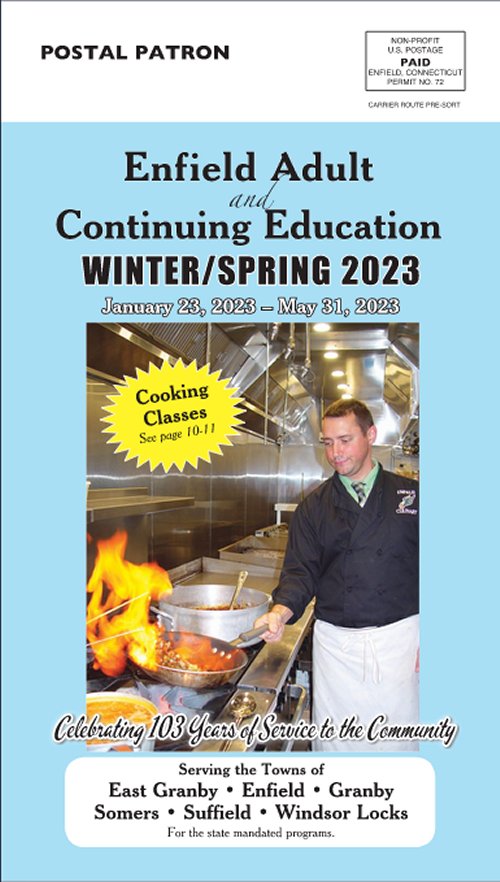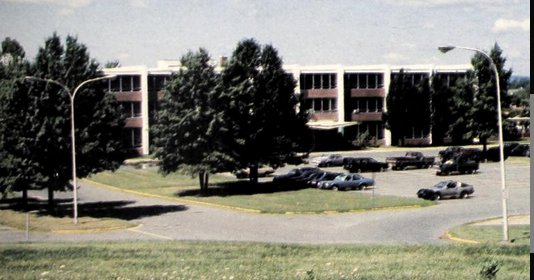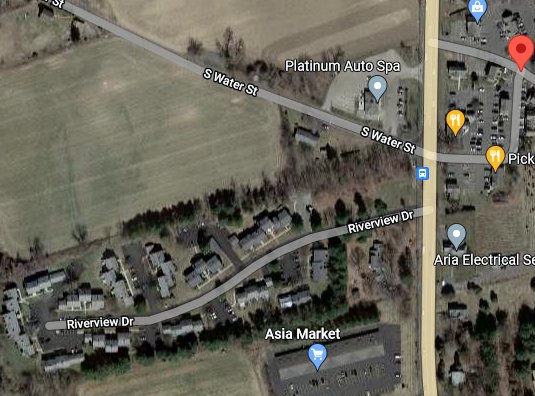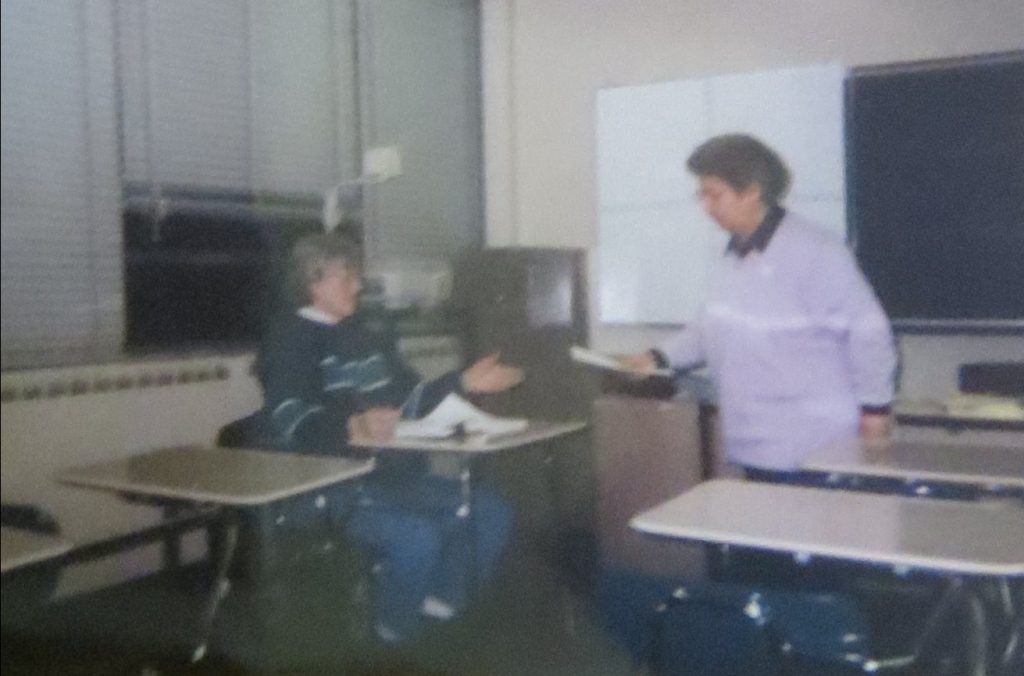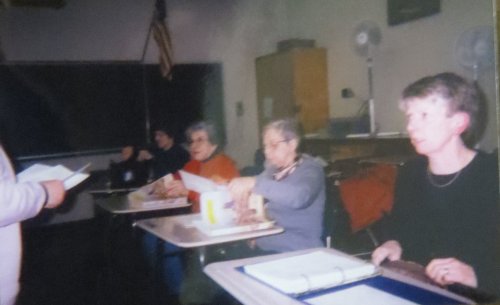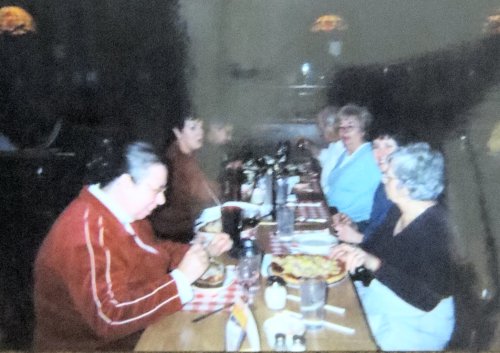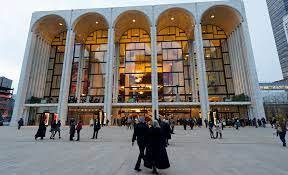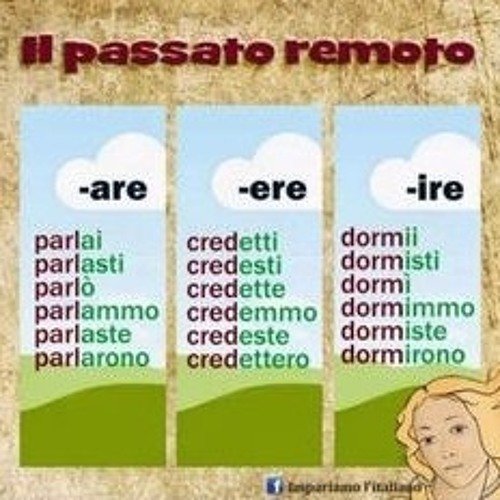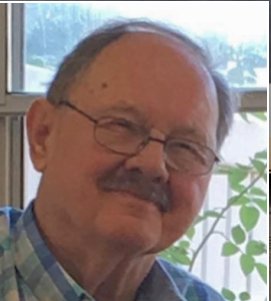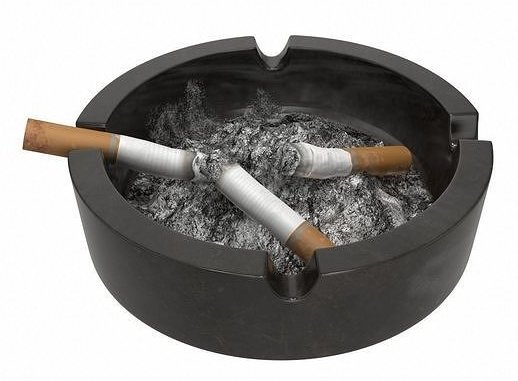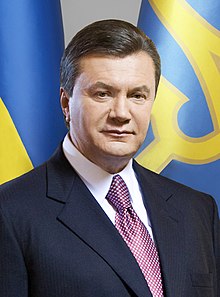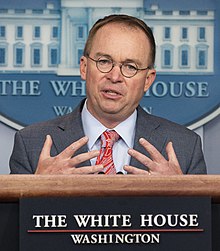Chain of sporting goods stores in Pittsburgh. Continue reading
Dick’s Sporting Goods is as old as I am. It started as small store in Binghamton, NY, that sold fishing equipment. In 1994 it was moved to the Pittsburgh area. In 2022 it had over 850 stores with over 50,000 employees.
TSI and Dick’s had a very long courtship. I am sure that I made several trips to Dick’s before we signed the contract. The first time that I visited the company it was still in its previous building, which was much smaller than the complex that it constructed in Coraopolis, PA.
We never gave up on selling them a system even though many of AdDept’s features would never be of much use to them. I knew that Dick’s IT department was committed to the AS/400 architecture. Therefore, the cost to them would not include the cost of additional hardware, which was often a deal-breaker.
I remember one sales trip in which I was asked to talk about the way that our system handled co-op—ads that feature a single vendor who has agreed to pay a portion of the expenses. I was pretty sure that no one would buy the AdDept system just to handle co-op, but I always tried to do what they asked. I have read through pages and pages of notes about the project of installing AdDept at Dick’s, but I found no subsequent mention of co-op
TSI and Dick’s formally tied the knot in a contract dated March 4, 2003. It was signed by Eileen Gabriel1, who was Dick’s CIO at the time and me. I still have a pdf file of the document. Most of our contracts were far simpler than this one. Their lawyers obviously added quite a bit of language to the one that we submitted. Neither side ever had any difficulty about it during the more than eleven years that it was in force.
At the time that we negotiated the contract I did not understand (or, for that matter have much interest in) why Dick’s, which up until 2003 had always been in the “kicking the tires” column of prospective AdDept users, suddenly was rarin’ to go. I subsequently discovered two factors that probably contributed to the change in attitude: 1) The company went public in 2002. That probably provided a good deal of cash. 2) By then the advertising department had hired several employees who were familiar with what TSI and AdDept could accomplish2. There probably were other favorable conditions that were not evident to me.
Planning for the AdDept system: Dick’s already had several large AS/400’s that were used for other aspects of its business. On one of them were PeopleSoft3 applications designed for the accounting and human resources departments. One of TSI’s major challenges would be to implement an interface between AdDept and PeopleSoft’s A/P and G/L systems. When employees in the advertising department entered expense invoices into the AdDept system they would automatically be sent to the PeopleSoft system for payment and posting to the General Ledger.
I found a document created by Paul Marshalek4, the first project manager for the AdDept installation. It provided the agenda for a one-day “discovery session” that was held in the Final Four room on April 16, 2004, almost exactly one year after the contract was signed. The scheduled attendees were Krista Fullen5 and Adam Sembrat6 from advertising, Don Steward7 from IT, Joe Oliver8 and Jeff Jones9 from finance, Paul, and myself.
The agenda includes a dozen items. During my preparation for this entry one caught my attention. I remember spending a lot of time at Dick’s on various aspects of print media from insertion orders (sent via AxN10 from the beginning) to payment of bills to allocation of costs to stores. I did not remember much about broadcast. At the time they used an advertising agency called Empower MediaMarketing11 based in Cincinnati. I could not find any evidence that we ever implemented an interface by which the buys from the agency were uploaded to AdDept. TSI provided this for most AdDept users, but it usually required custom programming or at least some fine-tuning.
Getting the AdDept system operational: It was made very clear to me that TSI’s client was the IT department, and the people in advertising and accounting were the IT department’s clients. So, the IT department made all the calls in this installation. In some ways this made things more difficult for me. I was never sure whether the advertising department was satisfied with our progress. On the other hand, we heard very few complaints, probably because everything that the advertising department really wanted was installed in phase 1, as described below.
Dick’s insisted on having two separate AdDept environments, one for testing of new code and one for production. Both of them were named after Greek gods of wind. Aeolus, the developmental system, was named after the keeper of the winds. Boreas, the production system was named after the personification of the north wind. TSI employees had no credentials for signing on to Boreas and no way to reach it from our office in East Windsor.
Aeolus and Boreas actually resided on the same AS/400, but they were in different partitions designed to make accidental intermixing of the two environments impossible. If separate boxes had been purchased, separate licensing agreements would be required for the operating system and IBM system-level programs. This would have made the installation of upgrades a much more difficult and time-consuming process for the IT department.
This installation involved a large number of interfaces and a great deal of custom programming. When we delivered a new batch of program changes—both routine updates and code specifically for Dick’s—we had to install the new code in Aeolus, implement the required changes to the database, and test them there. Advertising employees would then be required to sign on to Aeolus and make sure that both the new and previously installed AdDept programs worked. If the changes were not ones that they requested, it was difficult to get them to take this seriously.
During the testing and approval period a process that “refreshed” the AdDept system in Aeolus with the programs and data from Boreas needed to be suspended. If the timing of the suspension was not perfect, then all of the changes that we had installed during that period could be wiped out. A few times this happened to us, and it was quite upsetting.
When all of the advertising department asserted that the changes were good to go, the Aeolus system was refreshed, and TSI needed to install the changes again. The people in advertising would spot check what we had done. During this second period the AdDept system on Boreas was frozen. When the advertising people validated the changes, the Boreas system was refreshed with the new code and the transformed data on Aeolus. Only at that point could work resume. The primary purpose of all this was, I suspect, to eliminate the possibility that IT people might be blamed for deleterious outcomes.
This approach was much less efficient than our usual method of delivering code. I routinely installed new code to four or five other AdDept installations every weekend. Most of the time the users did not even know that I had done anything. There were occasional problems, but never anything that we could not address in an hour or so.
I don’t blame Dick’s for insisting that we follow their protocols, but we had had great success at over thirty installations with the approach that we had developed, and we would never have been able accomplish so much if we had been tied to Dick’s approach in all of them.
Inevitably, despite all of the precautions, some bugs slipped through the testing process—both TSI’s and the advertising department’s. Dick’s had a method that allowed us to make emergency changes to address them, but I don’t remember the details of how it worked. We only needed it once or twice.
If there was a problem or a request for new code, the users had to go through the IT department. The people who served as TSI’s primary point of contact—the liaisons—were people who worked in the IT department as project managers.
Perhaps the biggest problem with the enforced separation of the users from the developers was that Dick’s insisted that I do all the training after the initial installation in one of their training rooms. I did not like this at all. Often the people who showed up at these training classes were not the people who would be using the programs that we were installing. Sometimes I did not know what roles were played by some of the people. I did the best that I could under the circumstances.
At other installations—even the ones with AS/400s owned and operated by the IT department—I was allowed direct access to the users. I had a thorough understanding of the administration of retail advertising, a claim that could be made by none of our liaisons. Many times I could address their issues on the spot and direct them to programs or techniques that they were previously unfamiliar with.
I am certain that the installation would have proceeded more rapidly and with fewer problems if the IT people had allowed us to use our time-tested methods, but the idea was absolutely anathema to them. The IT department owned the AS/400’s, and they insisted upon their right of ownership. Bypassing this interference from the IT department was the primary reason that we always preferred for the advertising departments to have their own smaller systems that could eventually communicate with the systems running the other aspects of the business.
Our main contact at Dick’s during the installation and for some time afterwards was John Nelko12, an IT employee whose specialty was the workings of the AS/400’s operating system, OS/400. Under his supervision I installed AdDept on Aeolus and built all the files that they would need to use. I also installed IBM’s BASIC compiler and interpreter. That product was no longer supported by IBM, but TSI was authorized to sell and install it. Most of the other IBM software—SQL, query, FTP, faxing, etc.—that would be needed was already on the box.
On that very first day John and I got the faxing to work. I also was able to send an insertion order through AxN to TSI’s server. That required that FTP over the Internet was working. It also required that Dick’s be set up on TSI’s system as a valid sender.
TSI was assigned a user ID on Aeolus called TSIDICKS. I was told that the password was set to expire every sixty days. John worked with Denise Bessette in our office to get the SDLC communication working over the telephone lines. In the beginning that was how we accessed the system from TSI’s office.
There was a little time left over in that first visit for extensive training. My notes reported:
We got through the season table, expense classes, ad types, markets, pubs, rates, and print rates in the first training session. Everyone seemed comfortable with everything. In the second training class we went through the more difficult tables pretty thoroughly and entered a couple of ads.
The pub-store master table for inserts was not set up correctly by the program which13 I wrote to create the table. I fixed it. I used the Saks programs as the basis for DM220RDX and DM230RDX. Adam wants to show the costs on insertion orders. Most of the programs do not do this. I added a column for the Skid Color to the insertion order. I did this all during a long meeting which everyone in advertising attended on Wednesday afternoon.
I remember that the names of the insertion order programs for ROP and inserts began with DM220 and DM230 respectively. The “Skid Color” refers to the color of the tag that was attached to a “skid” (a pallet with no bottom deckboards) on which the inserts were stacked and packaged for delivery. Each version of an insert was assigned a different color.
These were my last few comments on that momentous trip:
We had a good luncheon meeting about the rest of the project. Steve Manning, the Budgeting Director, attended. They are considering whether to use AdDept to create real purchase orders for all advertising expenses.
I almost made the mistake of going to a Mexican restaurant on Cinco di Mayo.
I showed Krista how to respond to errors. At this point both Adam and Amanda were involved in other things.
I think that Adam overstepped his authority last time when he decreed that we did not need the broadcast interface. Helen said that we may need to revisit this. We had better be careful with Adam. He sounds like he has more authority than he really does.
Request #1 was approved.
They certainly want me to return for the first insertion order run. They may want me sooner than that.
The fact that Dick’s ran so many inserts in so many markets caused some unique challenges that were also mentioned in the notes:
Adam says that about 15 papers have separate rates for flexis, which are also called minis. We need to come up with some way of handling this.
Most of their events start on Sunday. If the paper does not publish on Sunday, they want it to default to Saturday, Monday, Friday (before), Tuesday, Wednesday, and Thursday (after) in that order. I set things up to work this way, I think, but I was not able to test every possibility. For Thursday drops, they want it to default to Wednesday, Friday, Saturday.
They want to use the holiday quantities for Thanksgiving. Is there a good way to do this?
They have some “events” which involve sponsorships with sports teams. The costs are spread over several months. I am thinking that we might use Stage’s amortizing programs for this.
The second trip June 14, 2004: Dick’s was one of the few clients for which a one-day trip was at least somewhat reasonable. USAir had many direct flights between Bradley and Pittsburgh. Because Dick’s was so close to the airport, I could easily get to the office at the same time as the employees.
I did encounter one major problem: I discovered that it was not trivially easy to meet with people in the advertising department.
I got there about 9 a.m., but I had to wait about 30 minutes as they tried to figure out what to do with me. Advertising is in the new building, but the reception desk is in the old building. Eventually they managed to contact Adam, and he showed me into the building.
Here is what happened once I got to the advertising area:
I spent most of the morning making sure that all papers were correctly designated as F for faxing or T for AxN. I called Lucia15 to make sure that we were in agreement concerning every paper.
I met with Adam, Helen, Paul, and Steve about where we stand and what is on the agenda. Steve said that they need to keep track of actuals versus budgets. It took me a while to figure out that he means by category on each book. Right before he left he gave me a list of the categories which they currently use. They also decided that advertising should meet with Jane Walker and the accounting people to make sure that everyone is on the same page.
I helped Adam set up a pub group for all of his insert papers. He also needs one of his main papers. I think that he now knows how to do this.
We put on an ad and printed insertion orders. Adam noticed that only the first 12 characters of the fax number appeared. I fixed this.
The sequence number for the NJS market was incorrect. Adam fixed it.
We discovered that there were no rates for 6-page tabs. They sometimes run 12-page minis (same as flexis) which ordinarily use these rates. I wrote a little program to help Adam key these rates in fast.
I was able to establish an FTP session on TSI270.
Amanda16, who is engaged to Adam, said that she had looked over the quote for the run list. It looked good to her. They would like to have it by 6/28, although, of course, they have not approved it yet.
They were unable to print. The printer which they formerly used is no longer near them. I called John Nelko. He eventually identified the printer. I need to send him a memo telling him which user profiles need to be changed to use the new printer, which is called Ad_Dept.
I think that DM022 should use the text description from the book size file rather than the dimensions for the size on screen #M22A.
We could not fax because the modem was not available. I will send an e-mail to John to try to reserve the modem one day this week. Adam wanted to wait until Friday, but I told him that I would be out of town on Friday.
The rest of the story: An AdDept Progress Report dated October 15, 2004, and prepared by (I think) Paul Marshalek identified phase 1 of the installation as “print media”, which for Dick’s was primarily in the form of newspaper inserts. Phase 2 was much more detailed. It had the following sections:
- Pub-store allocations, which included implementation of an interface with the system that Dick’s used for sales analysis.
- Other media: broadcast, magazines, and billboards (which everyone in advertising called “outdoor” even if the signs were in a building).
- Another interface to “refresh” AdDept’s vendor table so that its data was consistent with PeopleSoft’s.
- Expense invoices, which in AdDept were divided into media (which were entered against the schedule) and non-media (which were entered by job categories or sub-accounts). This project included the expense payables interface.
- Media accruals that created the journal entry for the G/L in PeopleSoft. The document notes that the file containing the journal entry for August 2004 was delivered to Jane Walker14 in the IT department.
- Cost accounting, which in their case meant advertising costs (including overhead) in all media per store.
- Non-media closing, which included accruals from purchase orders and prepaids.
This list, which resulted from the four-day trip that I made in October of 2004, included some really big programming jobs, but I am pretty sure that they were all eventually implemented.
I met several new people on that trip:
- Carol Mazza was a media manager who worked for Helen Burkholder. Krista and Erika Crawford worked for her.
- Linda Weiss was tasked with entering broadcast invoices. She reported to Steve Manning.
- Dave Derry was an internal auditor.
- Todd Schultz worked in Expense Payables.
- Jeff March, who worked at Galyans, a company that Dick’s had recently acquired, was scheduled to start work the next Monday as broadcast manager.
- Rick Kohout provided me with files that I used to implement the sales interface.17
Most of my time on the October 2004 visit was spent with Krista. I checked over what she had done for ROP and inserts and helped her set up other types of ads. At the time Dick’s was rapidly expanding. New stores were provided with pre-opening and grand opening advertising support. These ads had their own separate G/L accounts, and we had to devise a way of handling them.
My next trip was in April of 2005. I gave a talk to eleven people to explain how AdDept does accounting. The tone of my notes indicates my frustration. Accounting for advertising is complicated. I could not explain it very well in a few minutes in a classroom setting.
I learned that Jeff Jones accrued to plan. Here is what I reported about the reconciliation process:
Jeff explained that he made his “accrual entry.” He actually closes to plan. He takes the planned expenses, subtracts out the invoices paid, and spreads the difference to markets in a spreadsheet.
We got the February accrual to match. This is not really much of an accomplishment. We just matched one AdDept report to another after eliminating all possible sources of error. We got the March accrual to match within .5%. We ran the report by ad so that Jeff could compare it with the list which he used for his accrual.
Accrual to plan is a bogus concept. The whole idea of accruing is to make the expenses and income occur in the appropriate month so that one can isolate problem areas as soon as they develop. Accruing to plan disguises difficulties because the actuals are forced to match budgets. However, it was not my job to explain this.
I came up with a list of eleven things that needed to be changed in the production system. At other installations I would have just fixed them myself, but I was not allowed to touch anything. Denise and I had to come up with ways to circumvent this restriction in each case.
I also listed six or seven small changes that they requested.
I returned to Dick’s on May 31 for one day to look at their pub-store allocation records. I discovered that because someone skipped the step of creating these records, the allocations of costs to stores for 2005 have all been wrong.
I also helped them address the issue of paying bills for ads that ran in 2004. I came up with a Mickey Mouse method that at least got the accounting right at the G/L level.
The notes from my only visit in 2006 are very sketchy. There were a couple of new people whom I do not remember, and someone in advertising asked us to quote a massive database of zip codes to help with ordering insert distributions. Some—but by no means all—newspapers allow specifications of zip codes for insert distribution. Both AdDept and AxN handled this by special instructions.
I remember quoting creating this database, but I don’t think that we ever did it. The notes make no mention of any other media or any accounting issues.
I made one four-day visit in 2007. I met a lot of new people. Included in that group were Carl Abel and Bob Pecina,18 who would be our primary contact for the rest of our relationship.
Among other things I learned that the advertising department had begun using AdDept for billboards and magazines.
They expressed considerable interest in copying all ads from one year to another for planning purposes. This was an important but very complicated task for any retailer. TSI had software to do this. If everything was set up perfectly, or at least nearly so, it could save a lot of time and make for more accurate planning. If anything important about the process was ignored, it could make a gigantic mess.
I knew that it would be a nightmare at Dick’s for more reasons than I could name. I am pretty sure that nothing ever came of this.
I learned that their change reports were essentially useless because they included ads that were created in order to estimate costs under a specific scenario and then deleted. There were a lot of these ads. I think that we put in a Y/N field on the selection screens for change reports to allow them to be excluded.
The last major project that we did for Dicks was to create a separate installation for Golf Galaxy, a retail chain that Dick’s had acquired in 2006. The administrative functions were not moved to Coraopolis until 2008. I decided to create a separate blog entry for the Golf Galaxy project. It can be viewed here.

When reading my notes for the two trips that I took in 2008 I discovered that I also spent time with Mike Krall19, a young guy who had been assigned the daunting task of managing the “cost accounting” programs that showed in summary and in detail how expenses were attributable to stores using rules that Dick’s created. The reports depended upon all aspects of the data—media and production costs, sales, store allocations, etc.—being accurate.
Here are some of the notes from the time that I spent with him:
I spent most of the day on Wednesday with Mike Krall. He runs the month end programs in AdDept, but he did not really know what he was doing. He had a detailed set of instructions to follow.
I made some queries in ADVMOQRY for Mike Krall to provide him with net indirect expense (INDNETEXP) and net production expenses for ads in prior months (PRIORMOEXP). I explained that these would only get the data from Dicks. If he wants Golf Galaxy, he should make copies and change the libraries from TSIDATA to TSIDATAG.
Does DX112 expense the indirects? Mike Krall said that he does not create a journal entry for indirects.

The atmosphere at Dick’s headquarters: Working at Dick’s was unlike anything that I experienced at any other retailer. For the most part the administrative departments of the department store chains that dominated the list of AdDept clients were located on the highest floors of large downtown stores. The ambience in the lower floors was designed to generate excitement. The upper floors were at best boring and sometimes even dingy. Even the offices of retailers that housed their administrative functions elsewhere were mundane.
Arrival at Dick’s was not an overwhelmingly pleasant experience. Despite the massive size of the complex—and it is much larger in 2022 than it was in my last visit of 2008—the offices in Coraopolis were not trivially easy to find within the industrial park. The parking was not a bit convenient. In those days there was only one lot, and by the time that I arrived with my rental car only spots that were a long way from the main entrance were available.
From the front door one entered a huge waiting area. No one without an employee badge could get past it without being escorted. My memory may be faulty, but I don’t recall that they ever gave me a temporary badge.
Incidentally, it would not have been a good idea to arrive early to try to claim a better parking space. I would not have been allowed past the lobby until the person or people with whom I was meeting were there.
Surrounding the lobby were eight or ten conference rooms. Each was named after famous sporting events—Super Bowl, the Masters, World Series, etc. They were extremely elegant. A few of our early meetings were held in one of them.
Dick’s also had a very nice cafeteria, which was called the Court Street Café. I am pretty sure that I ate there every day—except the time that lunch was delivered to our meeting—on every visit. It’s a good thing, too. There were no restaurant in or near the industrial park in which the headquarters resided.
I remember feeling quite short on one of my first visits there. I was at least six feet tall, but almost everyone I met was quite a bit taller. Later I heard about a volleyball tournament held somewhere inside the facility during the lunch break or maybe right after work. They already had an indoor basketball court when I visited. Now they have that (with a track around it), tennis courts, and a huge workout room.
Epilogue: Alone among TSI’s clients, Dick’s still seemed to be thriving in 2022. They even have a store in Enfield next to Costco. A very large percentage of the people with whom I worked in the early twenty-first centuries are still employed there in Coraopolis.
A decision made by Dick’s in late 2013 was the cause of the decision to close down TSI. At the time the income from maintenance fees was not enough to keep the company running. The income from custom programming had also dwindled, and there were no real prospects for sales of new AdDept systems.
We therefore depended on the steady stream of checks from the newspapers that subscribed to the AxN service. Because several of our other largest AxN users had outsourced the buying of their newspaper space to third parties, Dick’s many newspapers accounted for a large percentage of the remaining income. I knew immediately that the decision by Dick’s management to let an advertising agency order its newspaper space was the death knell for TSI. The details are described here.
The people at Dick’s were quite surprised by TSI’s decision. Someone called us and told us that they still wanted to use AdDept. They evidently thought that we had misinterpreted their communication about the agency. We had to explain that the AxN contracts generated a considerable amount of income for us.
Denise Bessette may have made a private arrangement to provide some support for the AdDept system at Dick’s. I was 65 years old when we made the decision to close, and I was not interested in such a venture.
1. I am not sure that I ever met Eileen. If I did, I don’t remember the occasion. Her LinkedIn page is here.
2. Two people who may have played significant roles behind the scene were Helen Burkholder, an executive in Dick’s advertising department, and Bill Dandy, her boss. I did not spend a lot of time with either of them in this installation, but they were both certainly influential.
I had worked closely with Helen when she was a media manager at Kaufmann’s. The blog entry about the Kaufmann’s installation is posted here. I am not sure what Bill Dandy’s title was. I met him when he took over that job at Michael’s in Irving, TX. That very profitable installation has been chronicled here. Helen’s LinkedIn page is here. Bill’s can be viewed here.
3. In December 2014 PeopleSoft was acquired by Oracle. I am not sure what effect this had on Dick’s. It did not seem to affect the design of the interface.
4. Paul worked in the IT department, not advertising. His LinkedIn page can be viewed here.
5. Krista Gianantonio (née Fullen) was our day-to-day contact in advertising. Her LinkedIn page is here. She was familiar with AdDept and TSI from her previous jobs at Hecht’s (described here) and Kaufmann’s (described here).
6. Adam Sembrat’s LinkedIn page can be found here.
7. I don’t remember Don Steward at all. I don’t think that we had any subsequent dealings with him. He might have been Paul’s boss. His LinkedIn page is here.
8. I don’t remember Joe Oliver. His LinkedIn page is here.
9. Jeff Jones actually worked with the financial side of AdDept. His LinkedIn page is here.
10. Dick’s had stores all over the country, and they advertised in hundreds of newspapers. The fact that the advertising department was excited about electronic delivery of insertion orders gave a big boost to TSI’s efforts to expand the use of the AxN product.
11. In 2022 the company is just called Empower. Its Wikipedia page can be found here.
12. John Nelko’s LinkedIn page can be found here.
13. When researching the notes I definitely realized that I had not yet learned when to use “that” and when to use “which”. This “which” should be a “that”. So should the “which” in the last sentence.
14. Like many of the other people listed in this entry Jane Walker is still employed at Dick’s in 2022. Her LinkedIn page is here.
15. Lucia Hagan was the administrative person at TSI during this period. Her history at TSI is described here.
16. My notes say that Amanda Greener was not actually employed by Dick’s; she actually worked for Dick’s printer. She evidently married Adam. Her LinkedIn page is here.
17. I have only the vaguest recollections of any of these people, but I found LinkedIn pages for several of them: Carol Mazza’s is here. Todd Schultz’s is here. Jeff March’s is here. Rick Kohout’s is here.
18. Bob Pecina’s LinkedIn page is here.
19. Mike Krall left Dick’s in 2011. His LinkedIn page is here.

